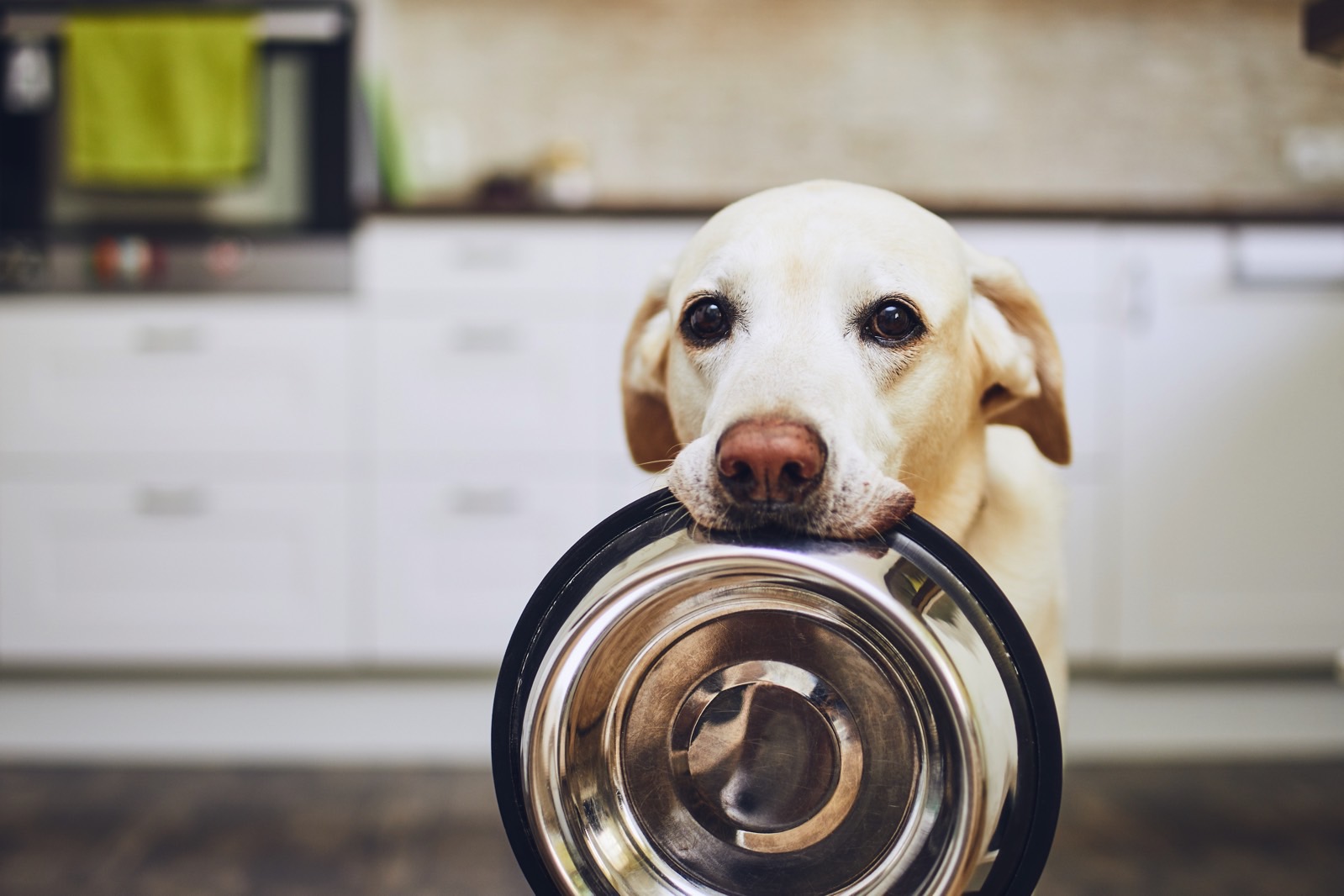Your dog’s next treat might not come from a farm but from a lab. That’s right, we’re finally moving beyond just lab-grown steaks for humans, as dog treats made from lab-grown meat are now hitting the market in the UK.
Unlike traditional pet food, which relies on industrial farming and meat processing, lab-grown foods are made using cultivated meat—meat grown from animal cells rather than taken from a slaughtered animal. The treats in question this time around are produced by a company called Meatly, and they’re only selling a single type of treat called Chick Bites.
These lab-grown dog treats were produced from a single sample of cells from a chicken egg, meaning no animals were harmed in the process. The final product contains the same essential nutrients as traditional chicken, including the amino acids, fatty acids, vitamins, and minerals that dogs need to stay healthy.
Meatly says it has partnered with The Pack, a British vegan dog food company, to blend plant-based ingredients with cultivated chicken in a bid to make its treats tastier for the pups. But just how much of the treat is actual lab-grown meat? Meatly hasn’t said yet, but they claim it’s just as tasty and nutritious as real chicken.
If you’re wondering why you should swap your pup’s usual treats for lab-grown dog treats, the answer lies in sustainability. The global pet food industry has a massive environmental footprint, contributing to deforestation, water use, and greenhouse gas emissions. Turning to lab-grown dog treats is a way to fight back against climate change by embracing more sustainable food options.
There’s also the issue of pet food safety. In recent years, we’ve seen an uptick in recalls of traditional dog treats due to contamination concerns. Because lab-grown meat is produced in a controlled environment, some argue it could be a safer, cleaner alternative.
For now, these lab-grown dog treats are only available at a single Pets at Home store in Brentford, England, with more locations planned in the future. Plus, Meatly says it has big plans. Over the next three to five years, the company hopes to scale production and make cultivated pet food more widely available.










